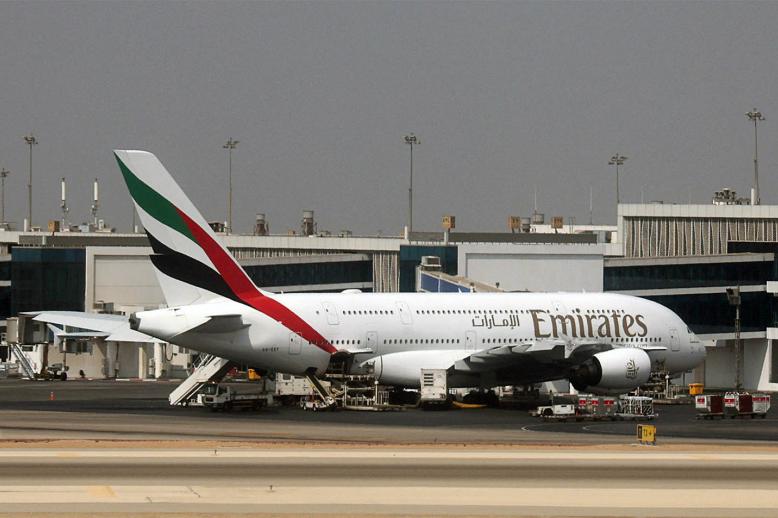IMF urges Saudi to keep spending under control
DUBAI - The International Monetary Fund has called on Saudi Arabia to keep public spending under control, even as a partial recovery of oil prices helps the economy emerge from recession.
The lender called on the world's top oil exporter to continue "bold structural changes" but to "resist the temptation to re-expand government spending in line with higher oil prices", in a statement late on Tuesday.
Saudi Arabia has embarked on an ambitious reform drive, known as Vision 2030, as it seeks to reduce dependence on oil, diversify its income streams and modernise the economy.
But figures released by the finance ministry last week show spending soared 18 percent to $53.5 billion in the first quarter of this year, outstripping a 15 percent increase in revenues, which hit $44.3 billion.
This created a quarterly budget shortfall of $9.2 billion, up 31 percent on the first three months of 2017.
Despite the rising deficit, the IMF also congratulated the Kingdom for measures designed to boost non-oil revenues, in the wake of the 2014 crash in crude prices.
"Saudi Arabia is making good progress in implementing its ambitious reform program," the Fund said, at the end of a visit to the country.
Bolstering the national purse, the government has hiked local fuel and electricity prices, levied heavy charges on expatriate families and introduced a value-added tax (VAT) at the start of this year.
"The VAT is a milestone achievement in strengthening the tax culture and tax administration of the country," said the IMF, while adding "further gradual energy price increases should continue" for local consumers.
The Riyadh-based Jadwa economic think-tank said much of the rise in spending was due to higher "social benefits", notably the so-called "Citizen's Account" which compensates low-income Saudis for VAT and the rise in fuel prices.
"The Q1 2018 quarterly budget shows that the government's efforts to raise non-oil revenue are going to plan, with sizable rises in tax income," Jadwa said in a report last week.
Saudi Arabia has posted a budget deficit since 2014 after the crash in oil prices, with shortfalls totalling $260 billion in the past four years.
The government projects a 2018 deficit of $52 billion.
The Saudi economy shrank 0.7 percent in 2017, the first contraction since 2009, but the IMF forecasts a return to growth this year.



